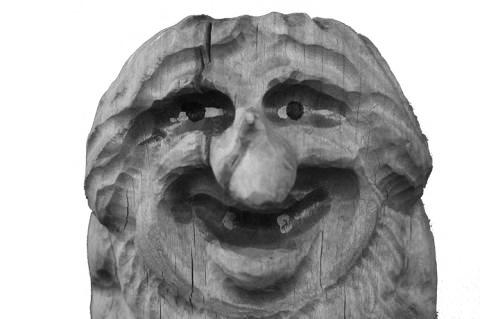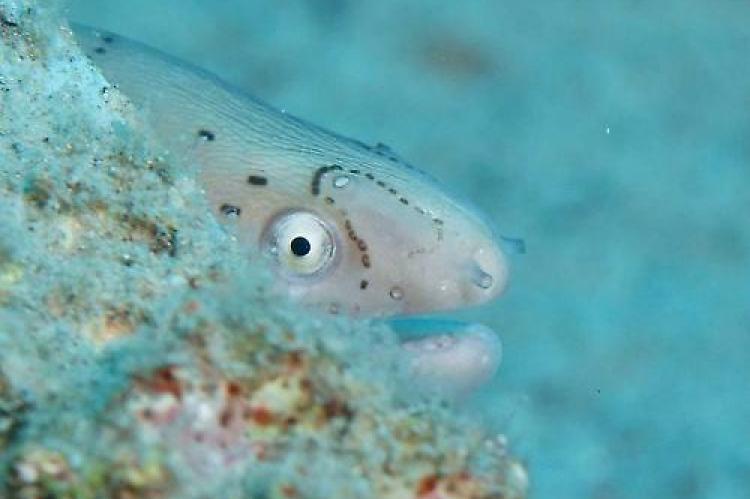UV radiation harms marine life
Increased ultraviolet radiation has caused a sharp rise in the deaths of marine species. Increased ultraviolet radiation has caused a sharp rise in the deaths of marine species. A new study shows a close link between UVB levels and death rate in marine life, particularly in algae, corals and crustaceans.
UVB radiation is known to impair photosynthesis, nutrient absorption, growth and reproductive rates in certain species but this study is thought to be the first attempt to quantify the damage it does to marine ecosystems.
The attention of many scientists has been focused on the effect of global warming, ocean acidification and eutrophication in recent years but Dr Moira Llabres from the Mediterranean Institute for Advanced Studies in Spain said that the evidence suggests UVB radiation, which has risen because of damage to the ozone layer, may be an important and overlooked factor behind the decline:
"Krill decreased 60 times in abundance in the Southern Ocean between 1970 and 2003, while UVB radiation increased considerably during this time interval."
The organisms most affected are protists, such as algae, corals, crustaceans and fish larvae and eggs ” — Dr Moira Llabres from the Mediterranean Institute for Advanced Studies in Spain
Hawksbill turtles forage on coral reefs but that habitat is increasingly under threat.
"The decline in corals in the tropics and subtropics is consistent with the increased levels of UVB, so the increase of the water temperature may not be the sole cause of this decline," she said.


